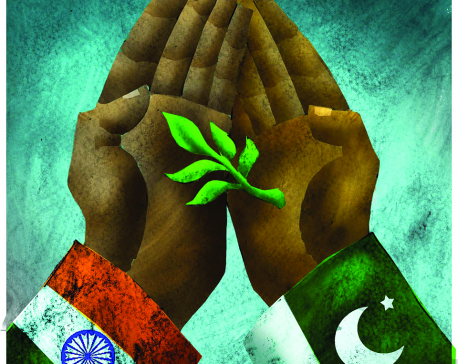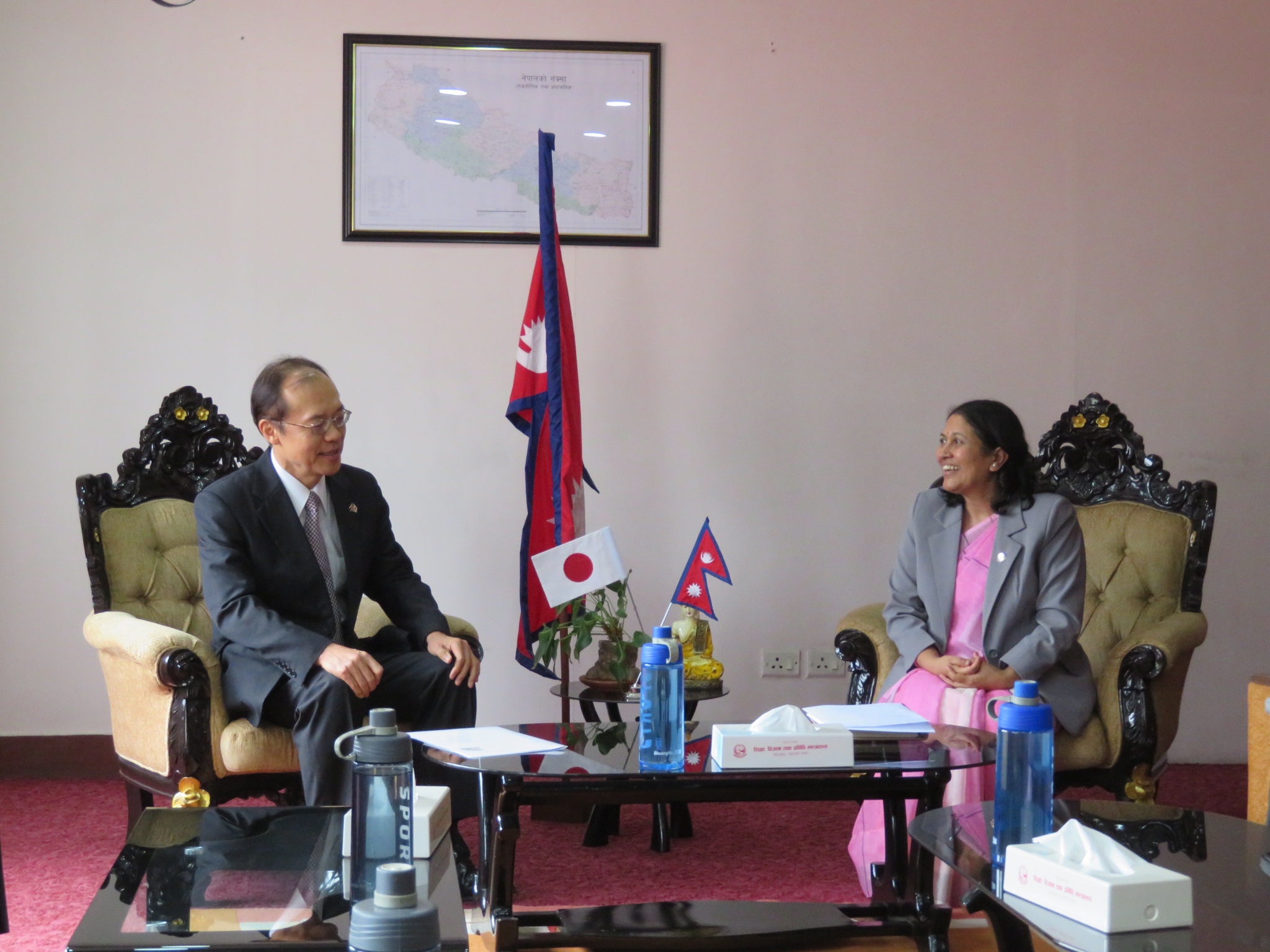
OR


Alexandra Borchardt
Borchardt is Director of Strategic Development at the Reuters Institute for the Study of Journalismnews@myrepublica.com
In an age of unprecedented access to information people of all ages must improve their media literacy
OXFORD – In most industries, a quality product is easy to identify, thanks to markers like price, brand, and reviews. But in journalism, discerning quality is becoming increasingly complicated, not least because, in the digital age, trusted brands like the BBC or The New York Times, which can be expected to adhere to long-established journalistic standards, are vastly outnumbered by upstart publications, blogs, and community reports.
Not surprisingly, therefore, as claims of “fake news” have proliferated in recent years, trust in news media—established and otherwise—has plummeted. According to the Reuters Institute’s Digital News Report 2017, those who regularly consume news do so with significant skepticism. Only about 50 percent of users trust the media brands they choose to consume; far fewer trust outlets that they do not use. With too many options and too little confidence in media, nearly one-third of people have given up following the news altogether.
But news journalism is not an expendable luxury. It is a critical public good, enabling citizens to make informed decisions, while helping to hold those in power accountable. It can serve that function only if it is a quality product—and people know that. Delivering such a product, however, is no straightforward task.
The first problem is that there is no clear definition of what constitutes quality journalism, which raises the risk that the standard of “quality” will become a tool of censorship. When Adolf Hitler wanted a book burned, he would assert that it did not meet the “standards” of Nazi ideology. Similarly, a government today could cite quality issues to attack critics’ credibility or to justify denying them journalistic credentials.
Some organizations concerned with the future of the media are trying to circumvent this danger by developing trust indicators. Most notably, the Journalism Trust Initiative, led by Reporters Without Borders, is creating voluntary guidelines and a best-practice framework that will evolve into an official certification process. Some organizations champion traffic-light indicators, like those used in food labeling, while others argue for an ISO 9000 system reminiscent of industrial quality management.
But what, exactly, would these systems be certifying? The most logical answer might seem to be media organizations. But even first-class newsrooms produce plenty of second-class content, owing to factors ranging from a lack of available sources to simple human error. This implies that not all content from a given organization can be trusted equally.
Of course, some organizations have a proven track record of following certain procedures to minimize mistakes and respond to errors that do slip through. But these are likely to be the same organizations that already enjoy significant public trust. Whatever trust they have lost in recent years will not be offset by a new label affirming their quality.
As for the publications that would benefit from such a label, they are more likely to be smaller, newer, and thus poorly equipped to deal with the extra layer of bureaucracy that a certification procedure would entail. Organization-level quality certifications could thus hurt new entrants, while helping incumbents.
The alternative to organization-level certification would be to focus on individual pieces of content. But this would be a herculean task in terms of volume; worse, it could create perverse incentives, as journalists chase certifications in much the same way they now may chase awards, sometimes to the detriment of the work. The German reporter Claas Relotius won multiple awards for his brilliant storytelling before it was revealed that the stories he was telling were not true.
In any case, the question remains what exactly constitutes a quality piece of content. Does it simply have to be fact-based? Does it apply only to serious political and business news, or does it include lifestyle, entertainment, or human-interest stories? These questions are complicated further in the digital ecosystem: some blog posts may count as journalism, but that certainly isn’t the case for all of them.
Journalism will never be like, say, the airline industry, where strict standards and procedures apply to every action and product. But, until recently, it didn’t need to be: journalists adhered to codes of professional and ethical conduct, and were overseen by bodies that took action in the event of a breach. Doing it right was the default—even though the concept of “right” has always been open to interpretation.
That is how societies work. An individual does not need a “trust certification” to participate in a family or community (though China’s government would like to change that). The social contract establishes certain behavioral norms with which people generally comply; labels are needed only when trust is broken.
This is the status quo to which journalism must return. That means, first and foremost, individual organizations taking responsibility for the quality of their content and adhering to a set of rules, including oversight and editing, to ensure it. When this cannot be done within the organization itself—say, when a citizen journalist is operating in an anti-democratic environment—external bodies could do the job.
In establishing such systems, lessons could be learned from collaborative reporting projects like the one that covered the Panama Papers, in which researchers enjoyed individual freedom—ensuring a plurality of voices and healthy competition—but had to meet certain standards. As technology advances, automated fact-checking could also be introduced, especially in less-resourced newsrooms.
In an age of unprecedented access to information, true and otherwise, people of all ages must improve their media literacy. But that does not let media organizations off the hook. With the help of an aware and critical audience, they must monitor themselves and one another, as they have done in the past.
Alexandra Borchardt is Director of Leadership Programs at the Reuters Institute for the Study of Journalism
© 2019, Project Syndicate
www.project-syndicate.org
You May Like This

Bringing peace in Kashmir
India and Pakistan should engage in dialogue with or without external mediation to find lasting solution of Kashmir problem ... Read More...

More than windmills in South Asia
With the end of the Soviet military presence in Afghanistan in February 1989 and the end of Cold War, the... Read More...

Nepal should hedge
How should Nepal respond to a changing security context and handle pressures from greater powers like India and China? ... Read More...











Just In
- Nepal at high risk of Chandipura virus
- Japanese envoy calls on Minister Bhattarai, discusses further enhancing exchange through education between Japan and Nepal
- Heavy rainfall likely in Bagmati and Sudurpaschim provinces
- Bangladesh protest leaders taken from hospital by police
- Challenges Confronting the New Coalition
- NRB introduces cautiously flexible measures to address ongoing slowdown in various economic sectors
- Forced Covid-19 cremations: is it too late for redemption?
- NRB to provide collateral-free loans to foreign employment seekers







Leave A Comment